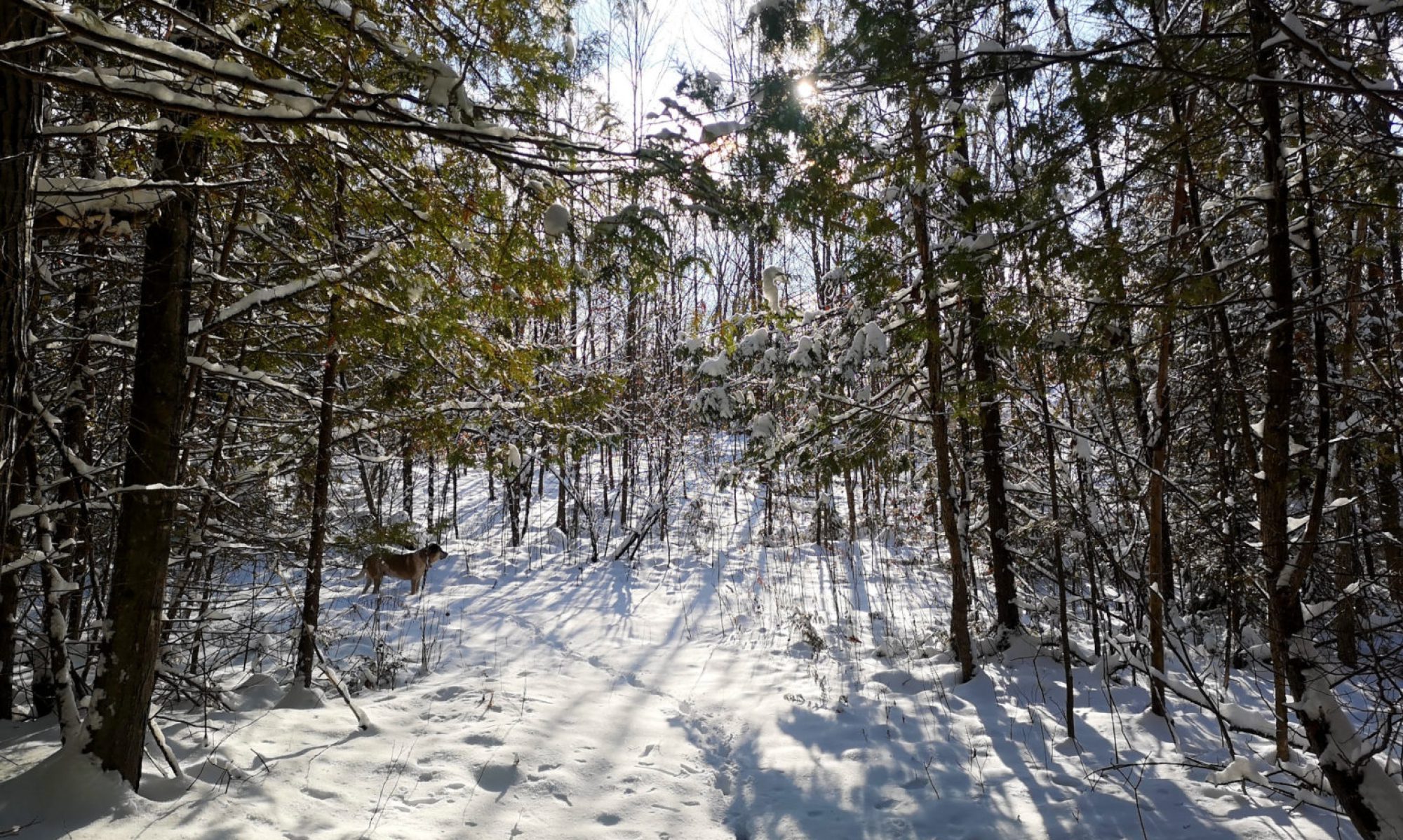
From Wikipedia: “The Brabant killers are a group of unidentified criminals responsible for a series of violent attacks that occurred in Belgium between 1982 and 1985. A total of 28 people died and 22 were injured. The actions of the gang, believed to consist of a core of three men, made it Belgium’s most notorious unsolved crime spree. The active participants were known as The Giant (a tall man who may have been the leader); the Killer (Le Tueur; the main shooter) and the Old Man (Le Vieux; a middle aged man who drove). The gang abruptly ceased their activities in 1985. The ensuing chaotic investigation failed to catch them or even make serious inroads into solving the case. This led to a parliamentary inquiry and public discussion, both of which revolved around the possibility that the gang members were Belgian or foreign state security elements. The case was officially closed on 28 June 2024.”
For over 500 years Oxford graduates had to swear an oath against one specific person

From The Bodleian Library: “In 1827, Oxford University undertook a major review of its statutes. The statutes were, and still are, the written set of rules and regulations which governed everything that went on in the University. A product of many centuries, some of these were over already 500 years old by 1827. In going through the statutes as part of this review, the University found something rather odd in the section relating to Bachelors of Arts and the oaths they had to swear in order to become a Master of Arts. As well as being required to swear that they would observe the University’s statutes, privileges, liberties and customs, as you might expect; and not to lecture elsewhere, or resume their bachelor studies after getting their MA, the Bachelors of Arts also had to swear that they would never agree to the reconciliation of Henry Symeonis.”
Note: This is a version of my When The Going Gets Weird newsletter, which I send out via Ghost, the open-source publishing platform. You can see other issues and sign up here.
What happened when wolves were reintroduced into Yellowstone Park

From Montana Free Press: “By the 1930s, the Greater Yellowstone Ecosystem’s wolves had been systematically hunted and trapped out of existence. In their absence, it didn’t take long for humankind to rethink the wisdom of eradicating the ecosystem’s apex canine predator. Aldo Leopold, a visionary conservationist, thought of reversing course as early as 1944, but it took a full half-century before wolves returned to the world’s first national park. Canis lupus may have found their own way back eventually — natural reoccupation was likely, some experts believed, though how soon was uncertain. The federal government didn’t want to wait to find out. By the 1990s, public interest in a reintroduction of the federally protected animals met the necessary political will. Then, 30 years ago this month, biologists turned 14 adult wolves loose in Yellowstone.”
Hi everyone! Mathew Ingram here. I am able to continue writing this newsletter in part because of your financial help and support, which you can do either through my Patreon or by upgrading your subscription to a monthly contribution. I enjoy gathering all of these links and sharing them with you, but it does take time, and your support makes it possible for me to do that. I also write a weekly newsletter of technology analysis called The Torment Nexus.
Medieval society had a lot of leprosy and the culprit was probably their pet squirrels

From The Atlantic: “When Kathleen Walker-Meikle ponders the Middle Ages, her mind tends to drift not to religious conquest or Viking raids, but to squirrels. Tawny-backed, white-bellied, tufted-eared red squirrels, to be exact. For hundreds of years, society’s elites stitched red-squirrel pelts into luxurious floor-length capes and made the animals pets, cradling them in their lap and commissioning gold collars festooned with pearls. Human lives were so intertwined with those of red squirrels that one of history’s most cursed diseases likely passed repeatedly between our species and theirs, according to new research. Uncomfortable questions about medieval squirrels first came up about a decade ago, after another group of researchers stumbled upon three populations of red squirrels with odd-looking features. A DNA test revealed that they had leprosy.”
A Turkish farmer discovered a huge and rare mosaic of an ancient hunt

From The Art Newspaper: “A farmer planting an orchard in eastern Turkey has unearthed an expansive, largely intact mosaic depicting an ancient hunt that archaeologists believe is the largest example of its kind discovered in Turkey. Hidden for centuries beneath a thin layer of topsoil, the mosaic may have been laid as far back as the late third century. Spanning 84 sq. m, the mosaic chronicles a series of hunting scenes along a north-south axis. A mountain goat is pursued by a lion, a stag flees a bear. The rare Anatolian leopard sinks its teeth into an ostrich’s neck. Snarling greyhounds in collars corner a wild boar. Pheasants, ducks, geese and partridges stand in repose next to budding roses or beneath pomegranate trees, offering intervals amid the frenetic hunt, which occurs in progression throughout the rectangular floor.”
Brazilian beach volleyball looks very different from the North American kind

Acknowledgements: I find a lot of these links myself, but I also get some from other newsletters that I rely on as “serendipity engines,” such as The Morning News from Rosecrans Baldwin and Andrew Womack, Jodi Ettenberg’s Curious About Everything, Dan Lewis’s Now I Know, Robert Cottrell and Caroline Crampton’s The Browser, Clive Thompson’s Linkfest, Noah Brier and Colin Nagy’s Why Is This Interesting, Maria Popova’s The Marginalian, Sheehan Quirke AKA The Cultural Tutor, the Smithsonian magazine, and JSTOR Daily. If you come across something interesting that you think should be included here, please feel free to email me at mathew @ mathewingram dot com
